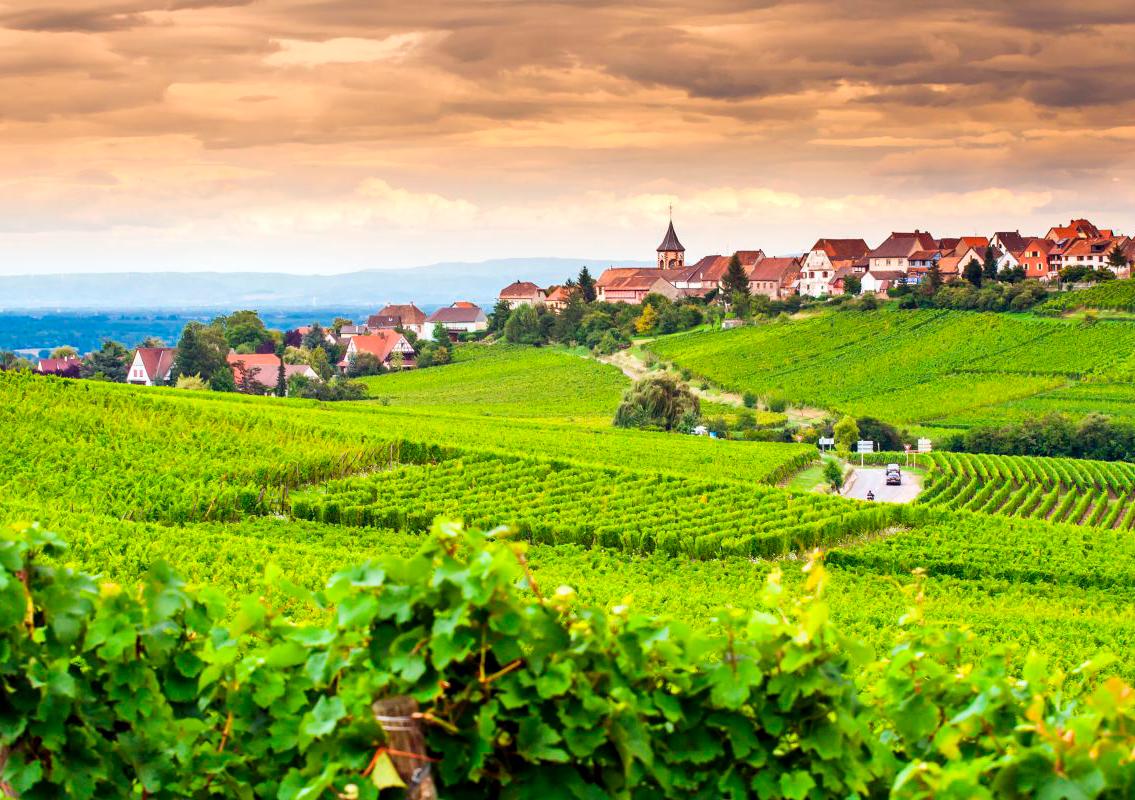
2 minute read
AGRITOURISM, A CATALYST FOR RURAL DEVELOPMENT: THE CASE OF ALBANIA
By Fabjola Arapi *
Recently agritourism is strongly argued as a tool for rural development. This strategy of on-farm activities diversification, attract visitors into the rural areas, increase revenues and employment, value landscapes, provide more sustainable production techniques in congruence to the environment, prevents depopulation and the abandonment of traditional cultures. In this vein, to have a viable growth and to effectively meet new societal demands, many small farms have considered diversification of their offerings, through adopting tourism activities into their farms’ operations, and by transforming into Agritourism.
Albania is a suitable destination for agritourism development due to its wide range of nature-based and agricultural resources, its rich biological and natural diversity due to the geographic position of the country as well as the geological, hydrological, climatic, land and relief characteristics. Our country has also a rich flora with 3250 plant species or about 30% of European flora, and up to 91 endangered species of the world. Studies have found that fruit/vegetable farms, rural residential/retirement farms, intermediate-scale farms are more likely to offer agritourism. Those farms that implement organic production techniques and farm conservation practices, are more likely to be transformed into agritourism. In Albania there are several active units (farms, exporter, agribusiness units etc.) which are officially certified as organic products providers. In addition, livestock farms, small scale farms, those that are managed by young farmers, intensive on the land use for activities, have higher chances to be transformed into agritourism. Furthermore, while roughly 37% of Albanian territory is covered by forests, and 12.57% by Protected Areas (PA), on the other side, studies have indicated that farms whose surface falls within environmentally protected areas are opt to offer agritourism. As a result, Albania has a significant opportunity to foster agritourism development. The country numbers 23 agritorusim certified as such, while farms that have the potentials to be transformed into agritourism, are much more than this figure. It already exists a legal framework specifically covering the agritourism phenomena. Agritourism development in Albania has a short life-span (roughly 5 years). Agritourism is a family business and is mostly managed by younger managers (35 years old), representing a young age of agripreuners (i.e., agricultural entrepreneurs). This figure reflects the average age of the Albanian population (39 years old). The educational background of agripreuners is mostly on economy, agriculture, tourism, and biotechnology. The average farm size is roughly 7.3ha, which is higher than the average of the agricultural farms (1.2ha), in Albania. The major agritorusim farms are located less than 30km from an urban area of at least 50,000 inhabitants. In addition, 10 out 11 farms reported that are located less than 9 km from a highway. Agritorusim hosts roughly 400-600 visitors in a week.


Generally speaking, agritourism, as a new path of organizing on-farm activities in Albania, provides to the farmers new profitable markets for farm products and provide travel experiences for a new and large market. Agritourism lately has gained the policy-makers attention because is considered a catalyst for rural development, particularly in agriculture areas that have experienced declines.











